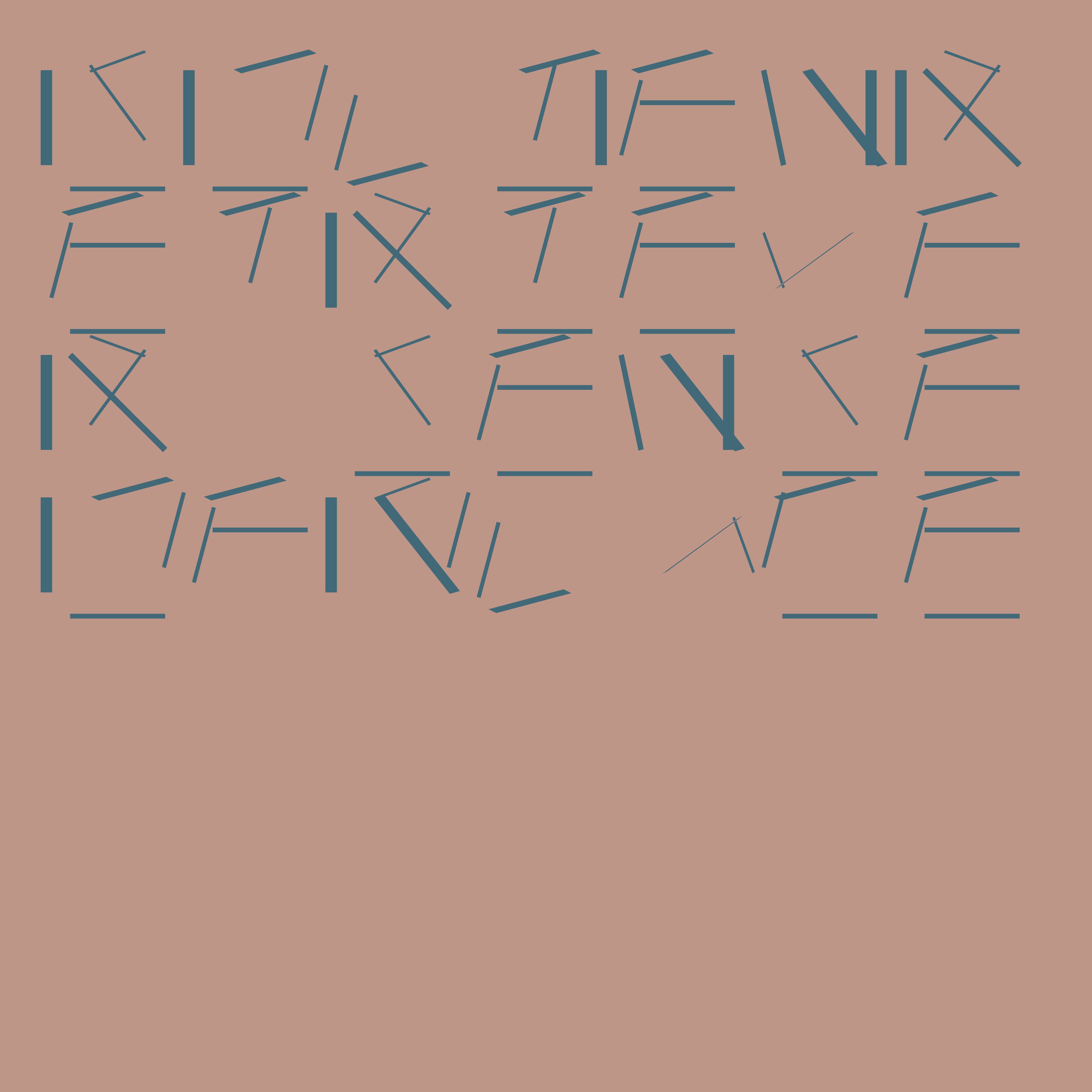When we pick names and images, it is usually pooled from whatever we have each been reading or interested in during the making of the music. Everything we do informs our work and resonates through it, so we just compile lists of topics and words from our lives and interests, put them together and choose something that resonates and feels “right”. In this case “Sense of Place” felt right when I read it from Matt's list. I could read into that in different ways: I like the idea of a piece of music having a sense of place similar to the way a physical space would. I think about the way some of my favorite places make me feel and how they sit in my memory and the articulation of this piece takes me to a similar feeling or emotional space. Jonathan Sielaff
The first time I remember consciously thinking about something like deep listening was when I was 17 or 18, and I noticed that some music was really great if you focused attention on it completely, but if you just had it on in the background it seemed annoying, boring, or otherwise bad. I developed a practice of beginning my days with a cup of coffee and loud, weird music blasting out of a small PA I had in my (very patient) parents’ basement. I wouldn't really do anything while the music was playing, just sipped my coffee, listened, and came into the day. This habit came to really shape how I listen and the development of my relationship to recorded music.
After college, I spent some time traveling with my girlfriend at the time, and I went without recorded music for two months. This was when there wasn't really the concept of a “connected device”, and I didn't have an MP3 player or a laptop or anything. Anyway, after the two months we finally sublet a place for a month that had a stereo. I went out and bought some CDs, and started re-establishing this morning listening routine. I remember that after this fast, recorded music seemed so active, alive, and engaging to me. It felt like watching a movie or reading a book. I couldn't imagine feeling the need to also be doing something else at the same time.
Fast forward to 2021, and while listening to music the urge to pull out the phone and check stuff out is often overwhelming. There’s a lot of music that survives this attentional shift and still works just fine. But for some stuff, I notice the effects of this diminution of connection. It’s like the music loses its ability to speak. It’s tempting to attribute the arising of this impulse to a failure of the artist, as if maybe if they’d been doing their job well I wouldn't have been tempted to bail on them in the first place. But given what we know about the portable slot machine/Skinner box we keep in our pockets, this attribution of blame hardly seems fair. In our current context, that of a corporate arms race to control our attention and consequently manipulate our behaviour, the practice of deep listening feels more liberating, self-respecting, and radical than ever. Matt Carlson


